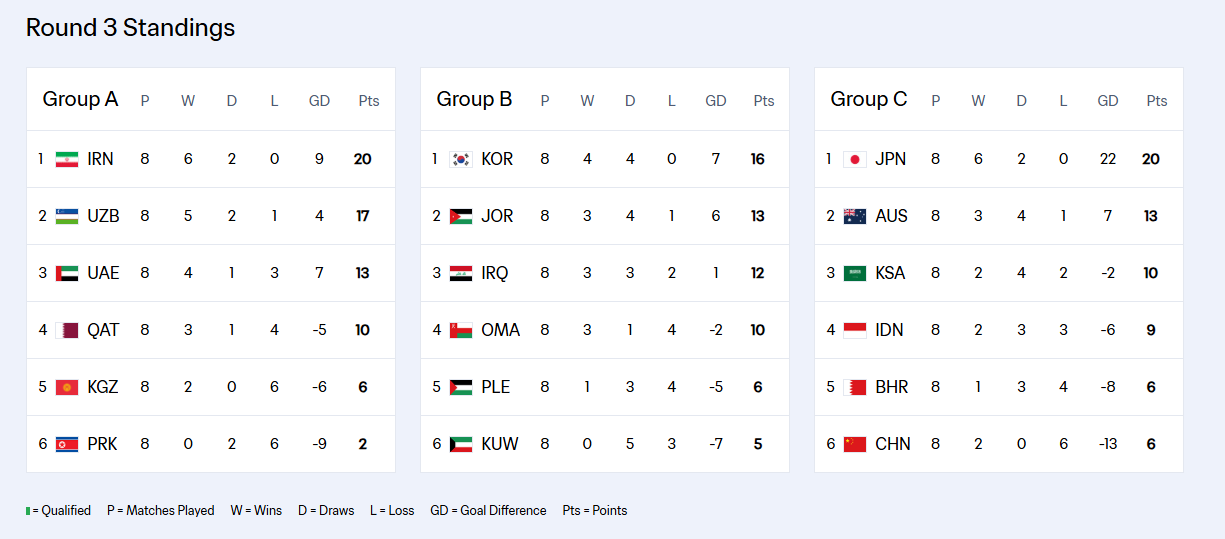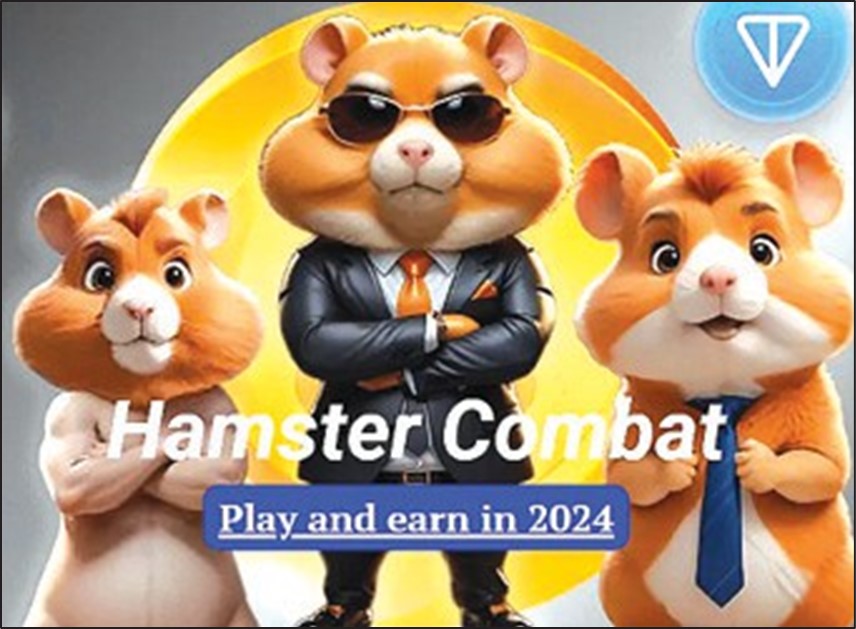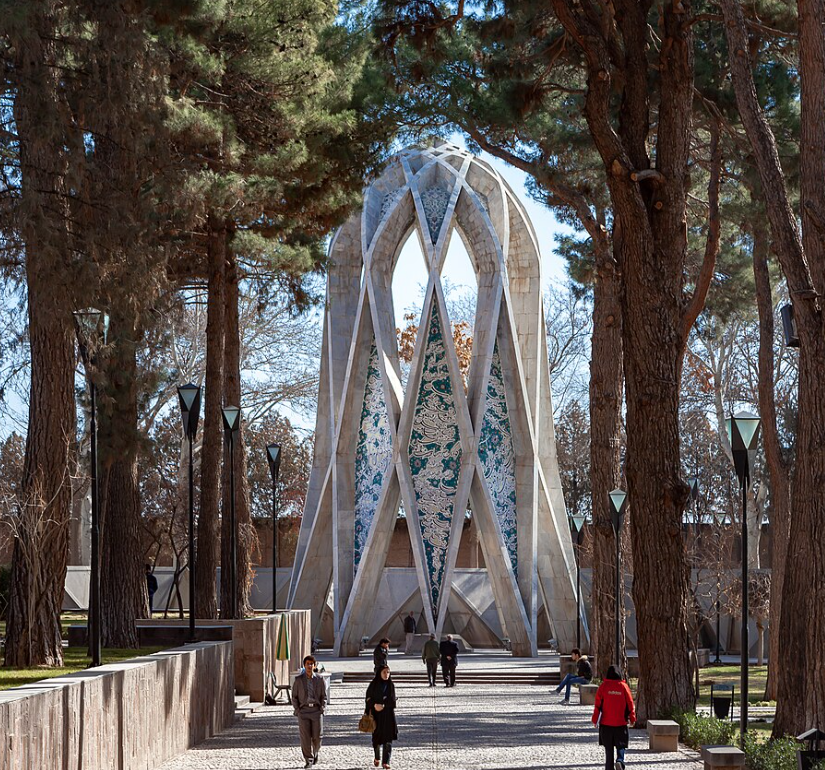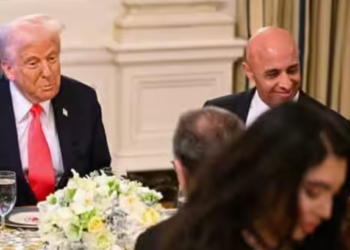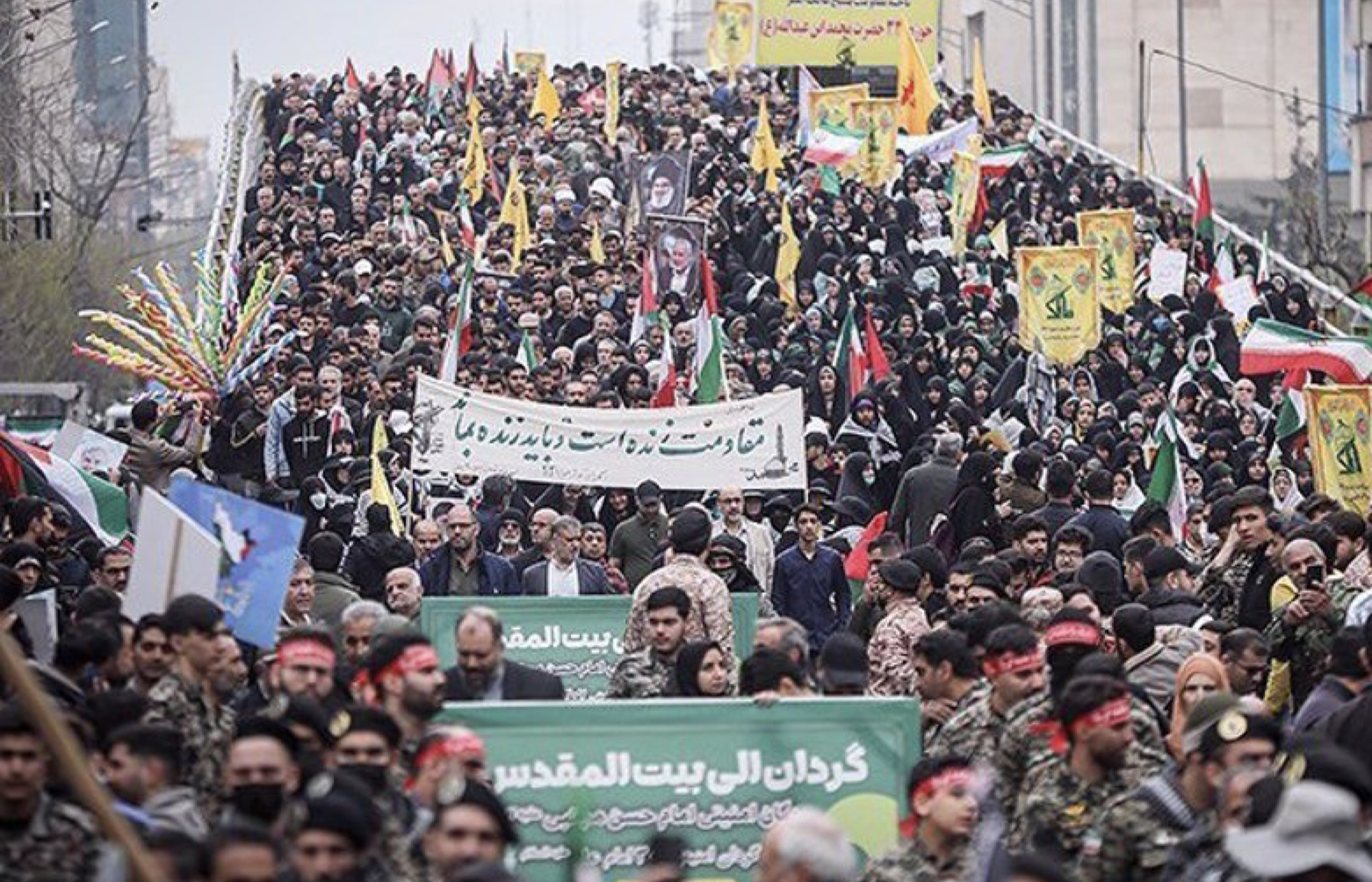November 29, 2024
It’s the latest rage in Iran yet another get-rich-quick scheme that is consuming vast globs of time of many Iranians and infuriating others who see it as a mindless distraction if not an outright scam. The rage is “Hamster Kombat,” an internet app game available on Telegram, the most popular message platform in Iran. It’s not a scam, since it doesn’t require participants to sink any money into it.
But exactly what it is remains obscure, even to those playing the game hours on end. Iranians, who have been hearing for years about bitcoin, are now piling into this app out of sheer hope it might one day pay off without knowing much about who is behind it. “It’s a sign of being desperate, honestly,” Amir Rashidi, the director of digital rights and security at the Miaan Group, told The Associated Press.
It’s about “trying to hang on to anything you have a tiny hope that might someday turn into something valuable.” Many Iranians have long avoided keeping their savings in cash, since the rial in virtually valueless, and instead have purchased property, art, vehicles, precious metals and other hard assets.
Hamster Kombat also attracts those who want something other than the rial. The proliferation of smartphones across Iran, as well as the relatively low cost of mobile service compared to other nations, makes accessing apps like Hamster Kombat attractive.
It functions like an incremental or a “clicker” game users repeatedly click on an object or complete repetitive tasks to earn points. Players believe they may be able to access a purported cryptocurrency associated with the game one that’s still not traded publicly and only exists in the game.
In an email, individuals describing themselves as the game’s developers declined to answer questions from The Associated Press about their identities or business plans, but insisted they were “not offering any cryptocurrency in the game. We are educating our audience about crypto through gaming mechanics.”
It indeed appears the game offers no cryptocurrency; it just offers points or theoretical “coins.” The game resembles another app that did offer Iranians cryptocurrency in the past and it seems that just the promise of what could be free money “can drive some Iranians to distraction,” the AP commented. But the public’s fascination with the game has also drawn the attention of authorities. Rear Adm.
Habibollah Sayyari, the deputy chief of Iran’s military, described the app as part of a soft war waged by “the West” against Iran’s theocracy ahead of the Iranian election earlier this year. “One of the features of the soft war by the enemy is the ‘Hamster’ game,” Sayyari said, according to the state news agency.
He theorized that the “enemy” is popularizing the game so that people will be distracted and not “pay attention to the plans of presidential candidates.” “Then (the people) fail to choose the best candidates,” Sayyari said. Hard-line pundits in Iran have voiced similar opinions.
But Hamster’s popularity has continued long after the election campaign was finished. The daily Jam-e Jam, published by state broadcasting, also warned the ever-increasing interest in the game was a sign of “the dream of becoming rich overnight and gaining wealth without effort.” “A society that, instead of working and trying to succeed and earn money, turns to such games and looks for shortcuts and windfalls gradually loses the culture of effort and entrepreneurship and moves toward convenience,” the newspaper said, without acknowledging that the country’s economic woes might be driving interest in the app.
The app has drawn the attention of 97-year-old Ayatollah Nasser Makarem Shirazi. Calling cryptocurrency “the source of many abuses,” Shirazi said people shouldn’t use the Hamster Kombat app or others like it involving cryptocurrencies.





